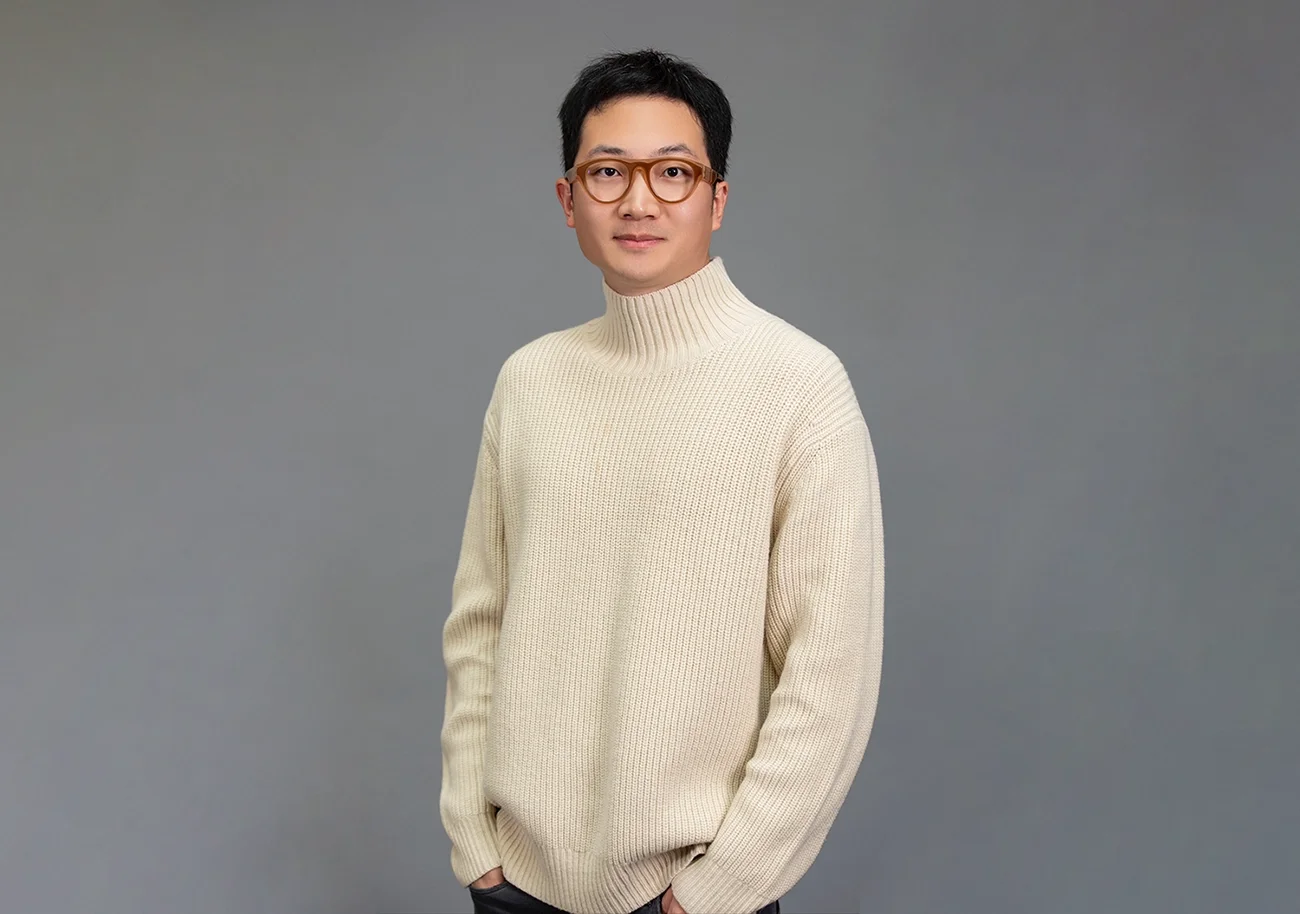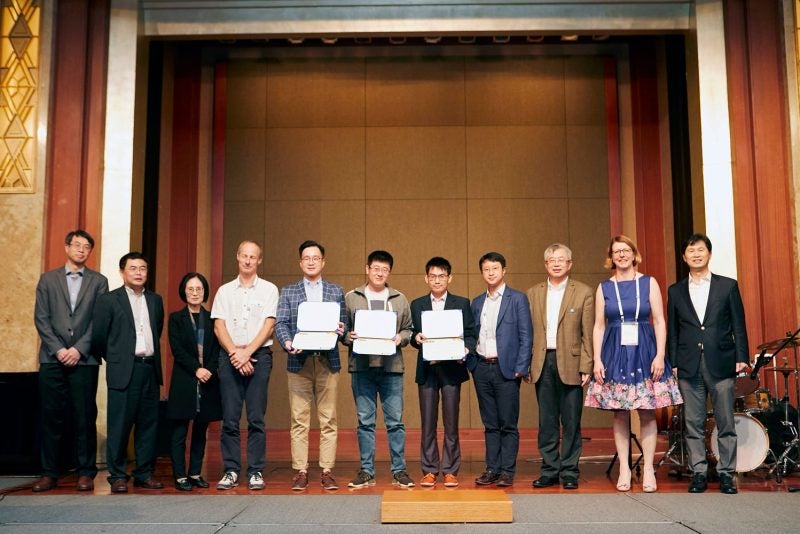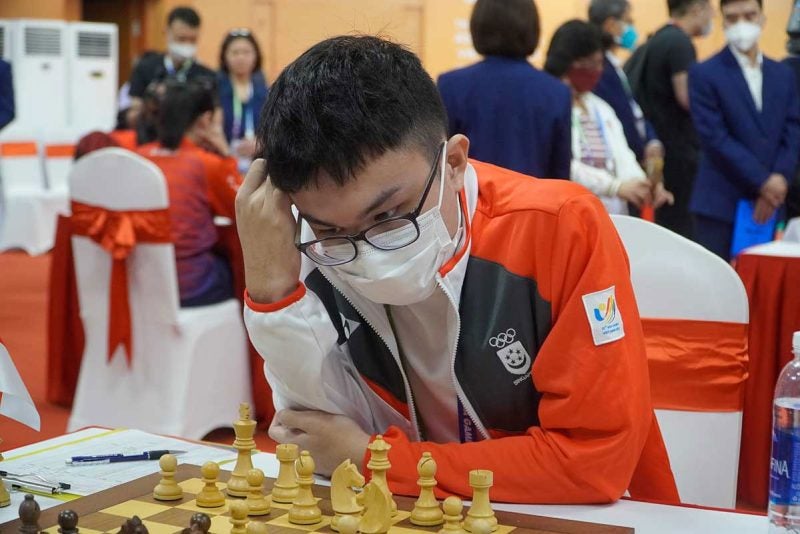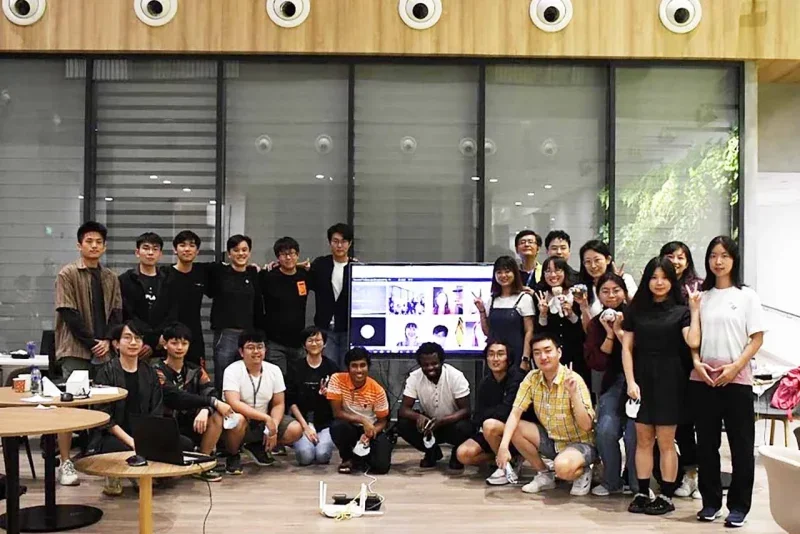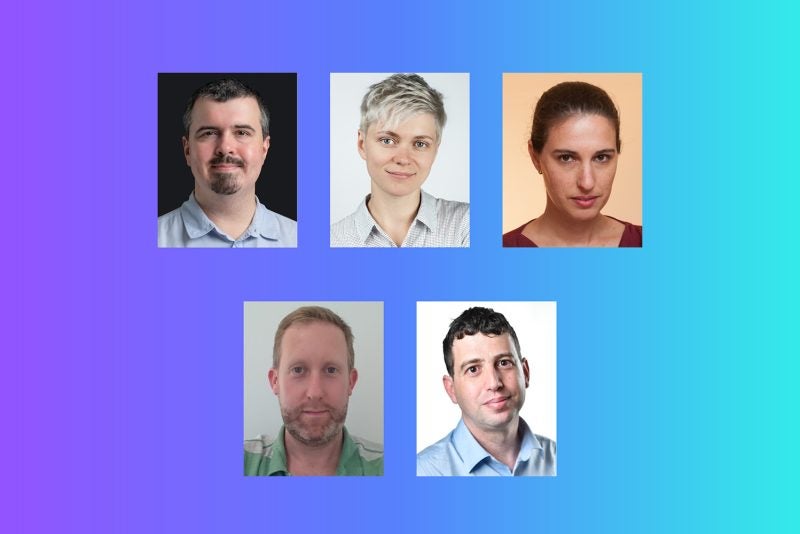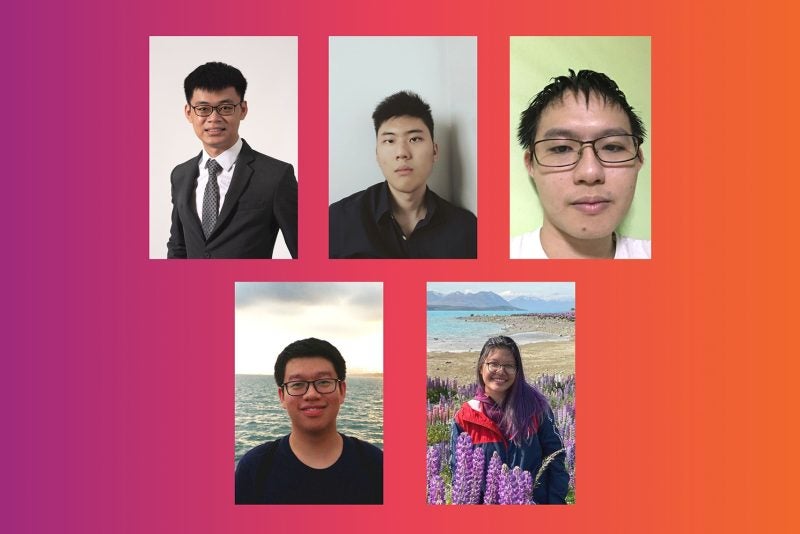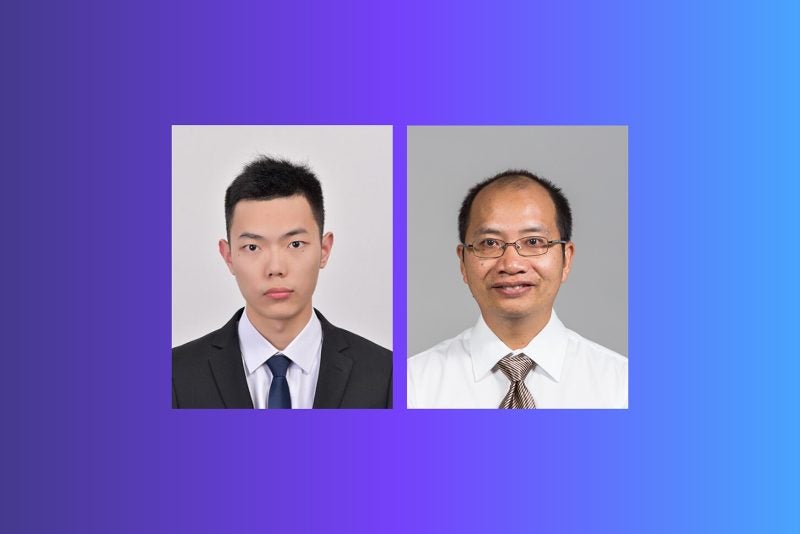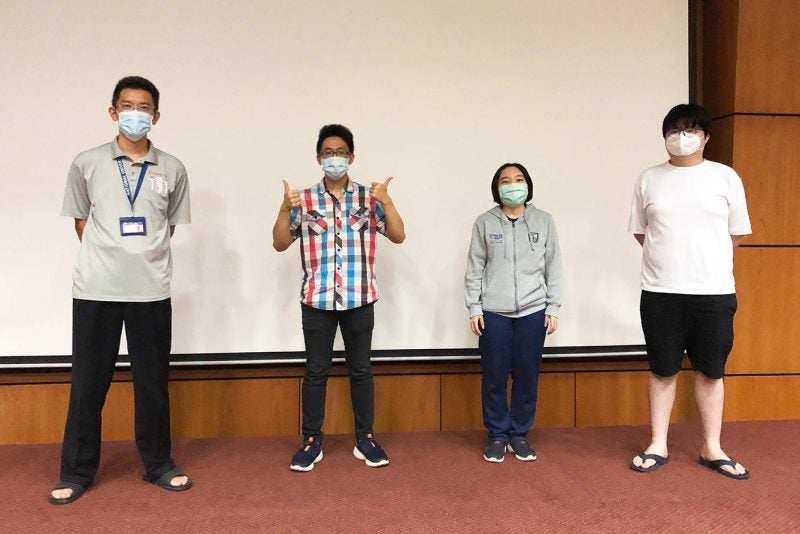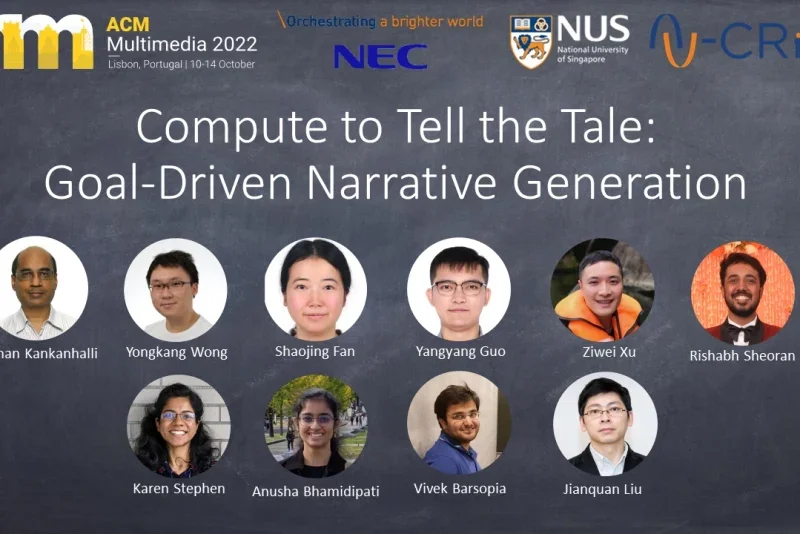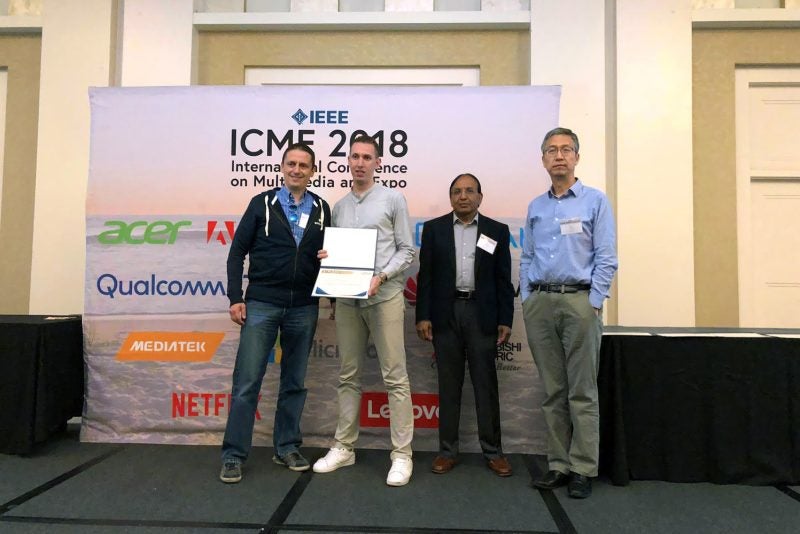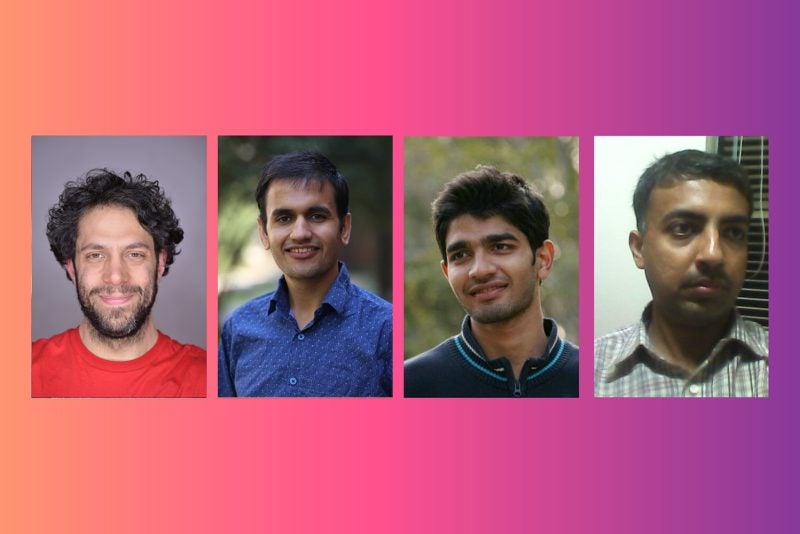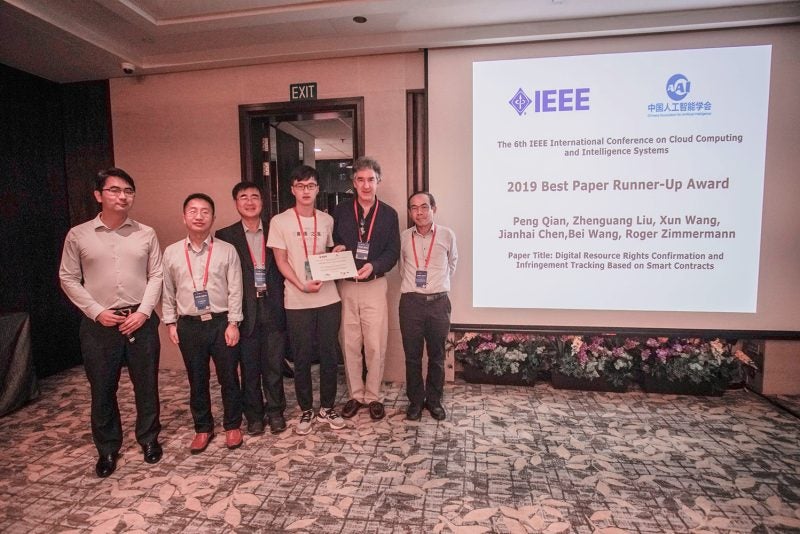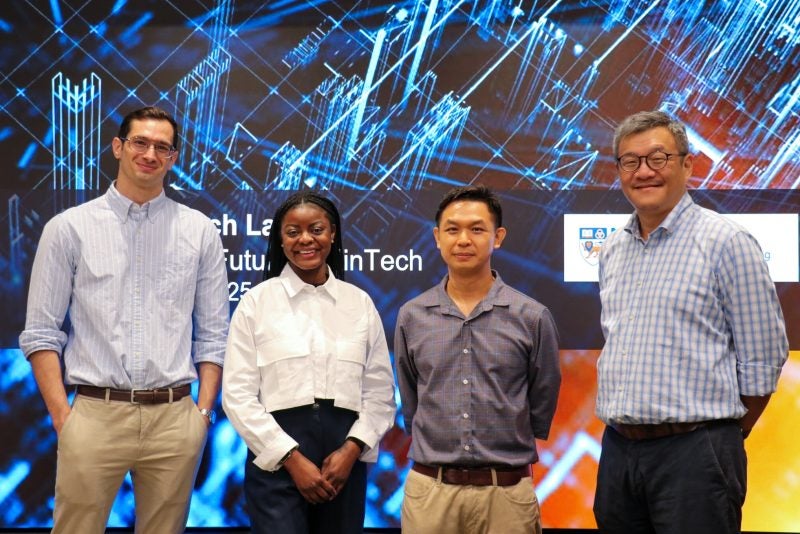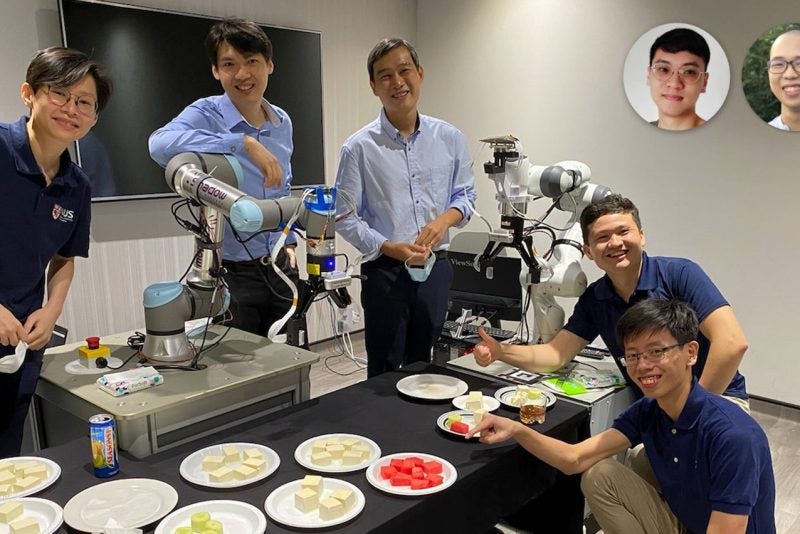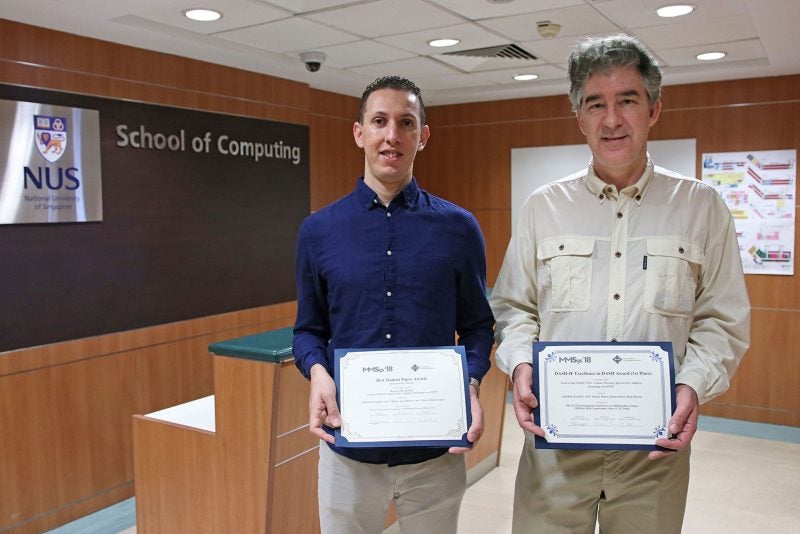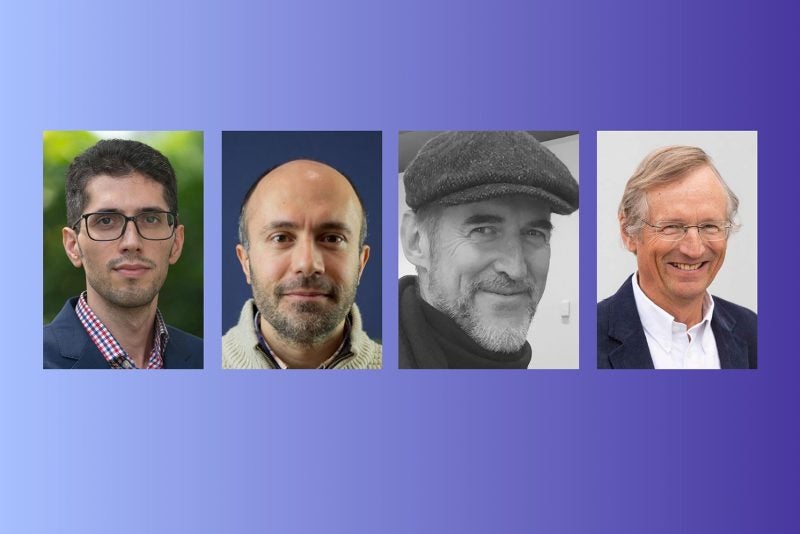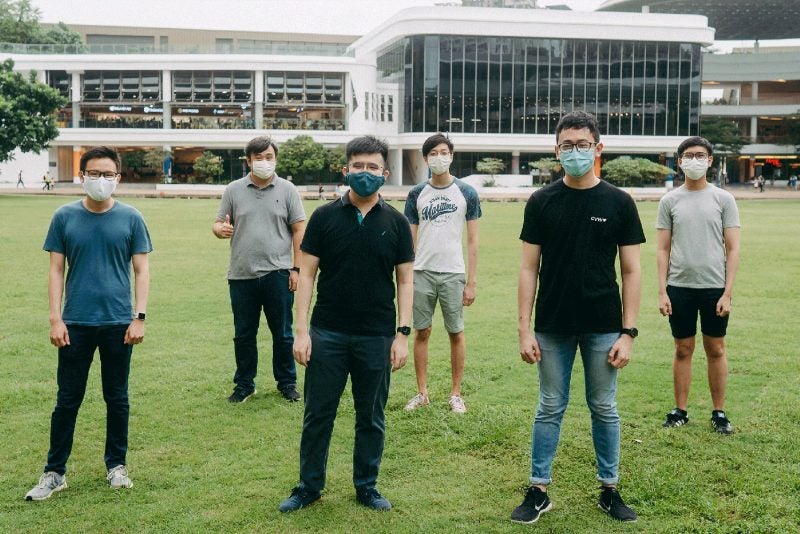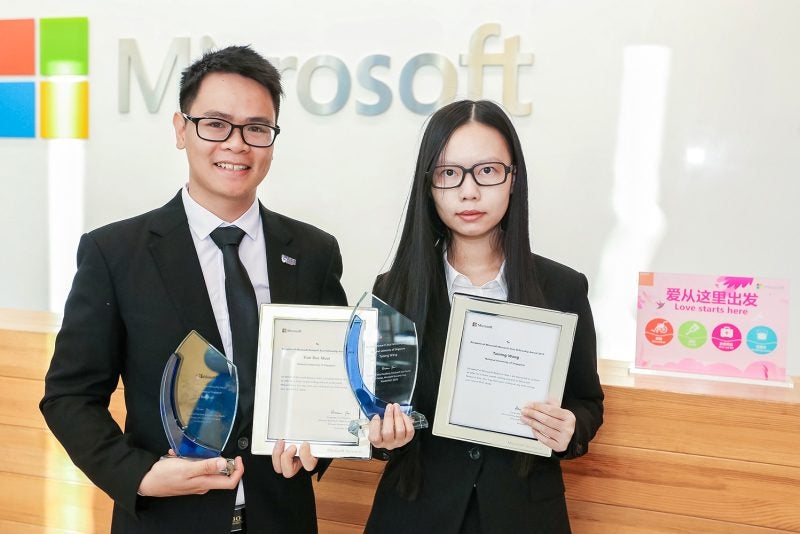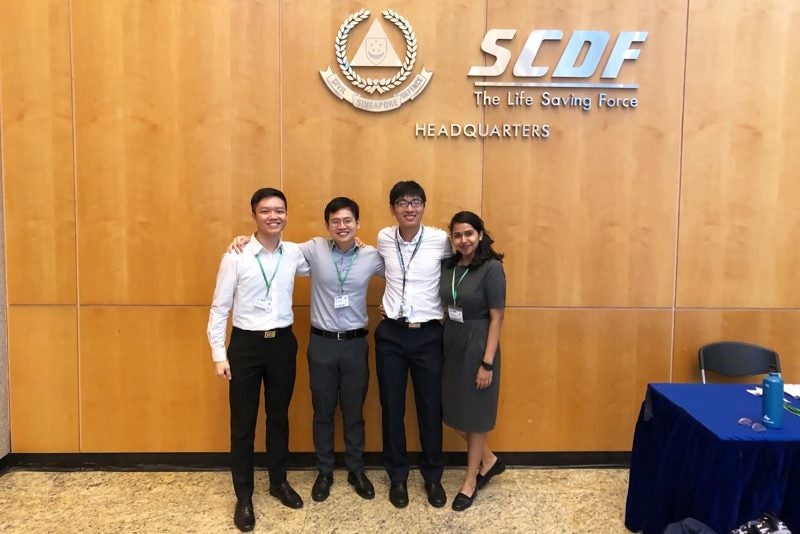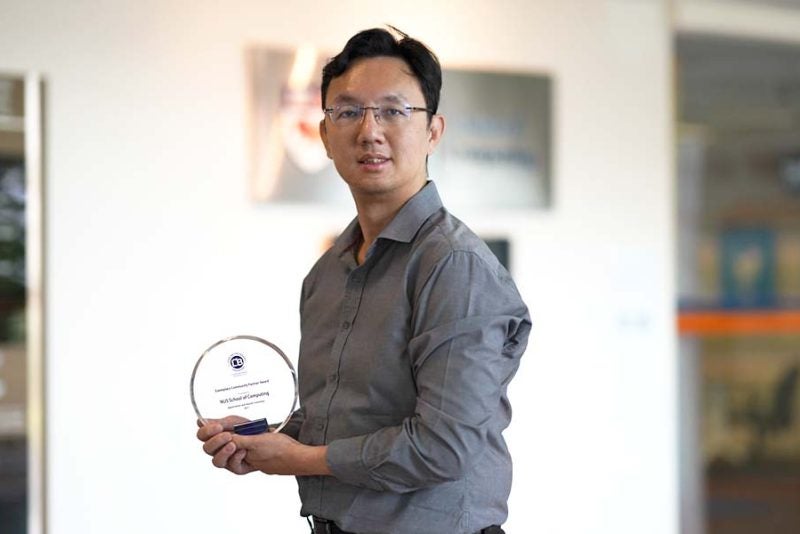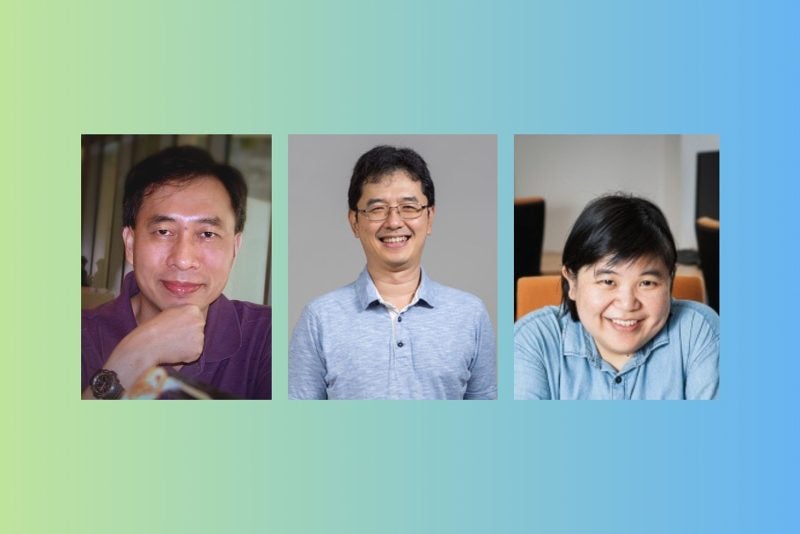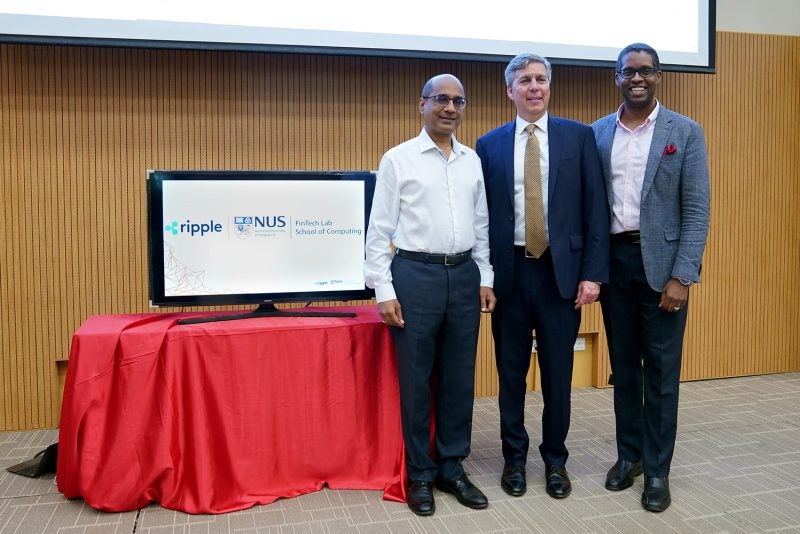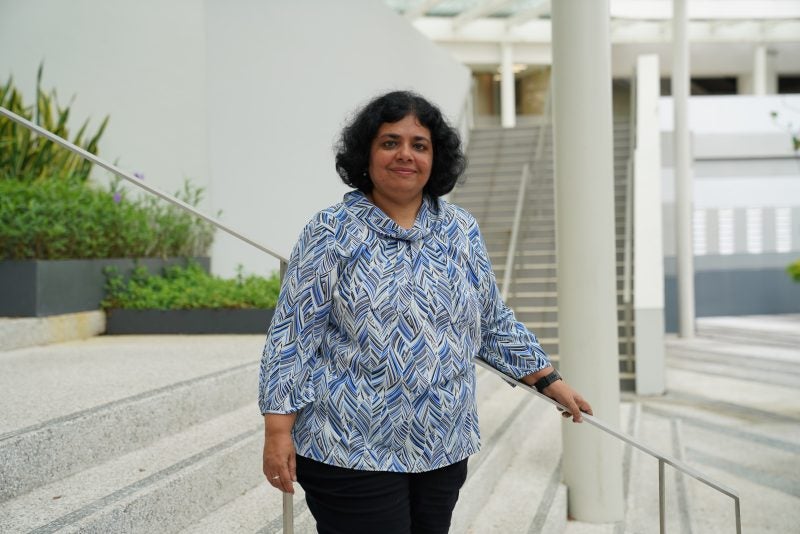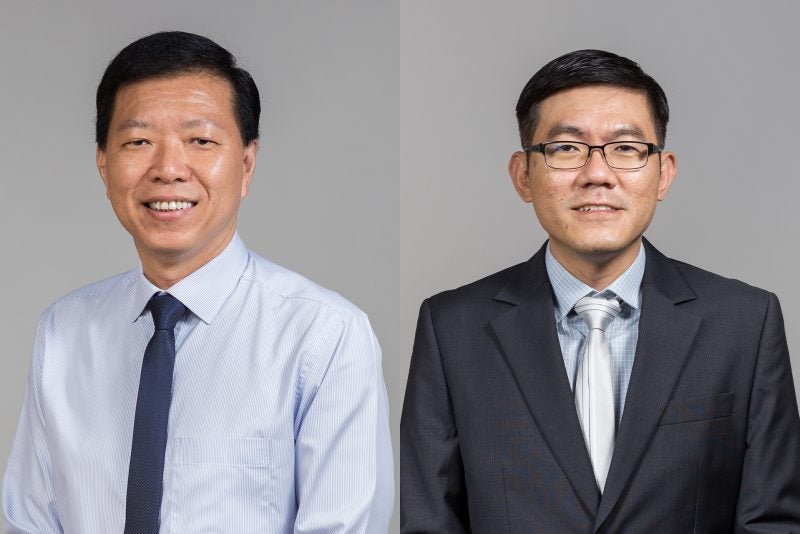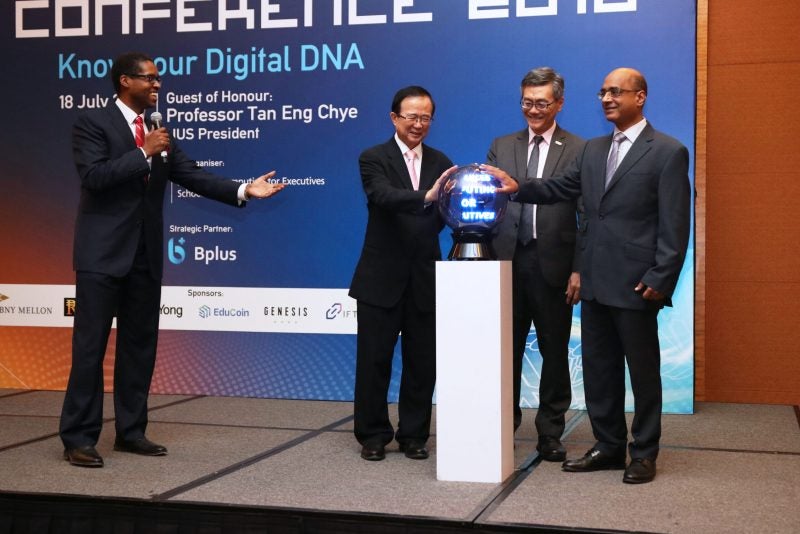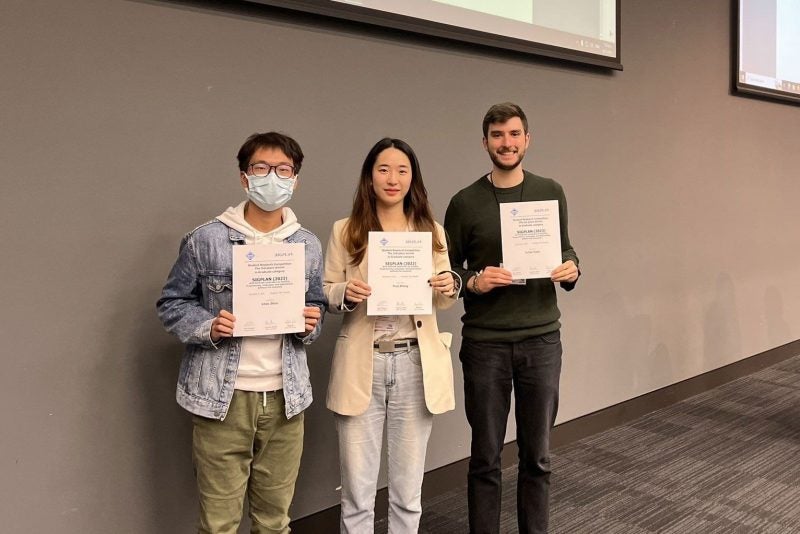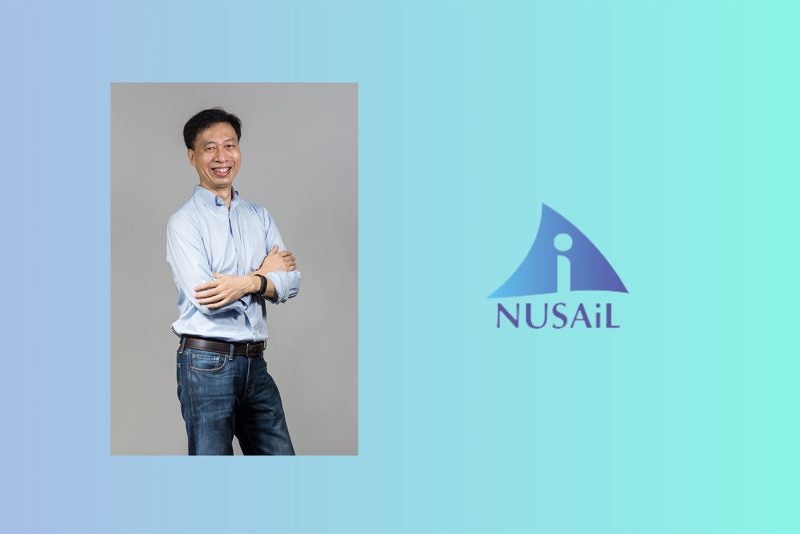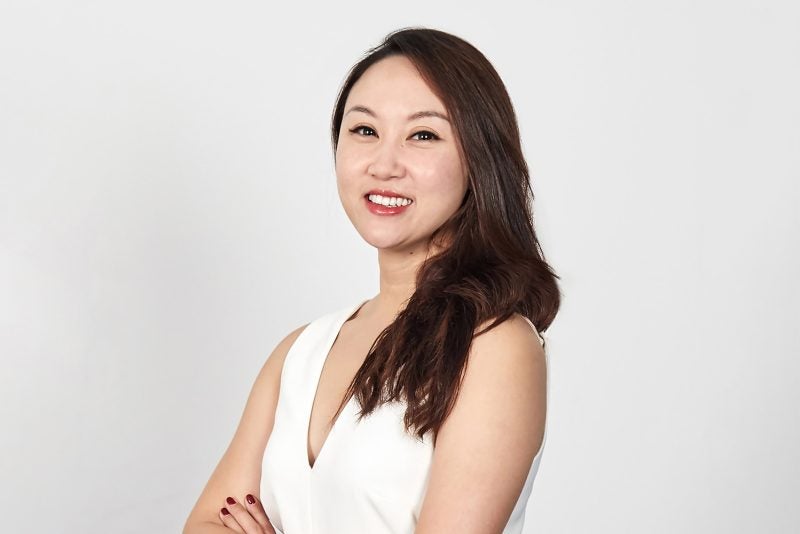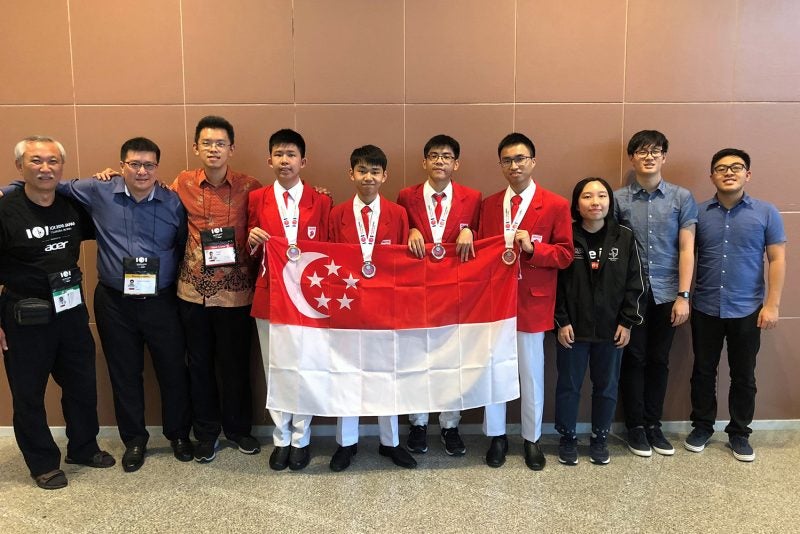NUS Computing Adjunct Assistant Professor Jingxian Wang wins ACM SIGMOBILE Doctoral Dissertation Award for his PhD dissertation thesis, “Blind Wireless Beamforming to Power, Heat, and Move.”
The award recognises the top doctoral candidates with excellent thesis research in the field of mobile computing and wireless networks. Dr. Wang will be attending the ACM Mobicom conference in Spain this coming October to receive the award.
While most of the wireless systems research in the past decade has been focused on designing more efficient communication and novel sensing applications, not much has been focused on wireless systems’ capability to generate energy. The precise control of wireless signals, which is known as beamforming, has been an important solution in improving the wireless communication system’s throughput and signal-noise ratio. However, these systems have not directly translated to innovations in wireless systems for heating and delivering energy more broadly.
Dr. Wang’s dissertation taps into the potential of wireless systems by building a suite of blind beamforming systems that deliver precisely controllable wireless energy to battery-free devices and objects such as RFID tags.
“I started with the creation of PushID, an innovative beamforming system specifically designed to power battery-free RFID tags on a large scale. Drawing inspiration from the principles underlying PushID, I conceptualised and developed Software-defined Cooking. This initiative reimagines the conventional microwave oven system, enabling programmable and precision-controlled heating trajectories for various foods, including pizza. I extended the same heating principle to design WASER, a technology that uses wireless beamforming to actuate movements in electronic-free soft robots. In addition to these, my research demonstrated the potential of novel battery-free soft materials in efficient wireless energy harvesting, coupled with their capabilities for advanced sensing.”
Dr. Wang believes that the multidisciplinary methodology he employed in his dissertation was what made it stand out: “I’ve interwoven elements from artificial intelligence, robotics, materials science, and wireless computer systems in my research. I believe this multidisciplinary methodology is what distinguishes my work and gives it a unique edge.”
His work sparked various industrial collaborations, namely with Microsoft, Bridgestone, Bosch, and Pitt+Me. One of his inventions was patented by Microsoft, with the HoloLens team exploring its integration into future mixed-reality experiences.
Besides this recognition, his paper also won various best paper and demo awards in the field of mobile computing, human-computer interaction, and cyber-physical systems.
On receiving this recognition, he expressed: “It’s an overwhelming feeling of gratitude. Given the highly competitive nature of this award and the outstanding group of PhD students emerging in the SIGMOBILE field every year, across a variety of domains from edge computing to wireless to ubiquitous computing, being chosen for this award is indeed a significant honour.”
“Figuring out how to make a distinctive impact in the field was indeed challenging. My strategy was to interact with large industrial companies and potential clients to identify real-world issues. After that, I would devise cutting-edge techniques to address these problems. Additionally, I’ve always been keen on exploring knowledge beyond my specific research area and comfort zone. I often read papers and participate in workshops and conferences outside my primary field of study, as I believe these are the arenas where inspiration for novel ideas can often strike.”
Despite his numerous achievements, Dr. Wang is far from resting on his laurels. He is deeply passionate about fostering the next generation of engineers, scientists, and entrepreneurs. To this end, he actively seeks to recruit new PhD students into his research group. “Innovation often springs from diverse perspectives converging to solve complex problems,” he asserts. “I am particularly keen on welcoming students from a wide variety of backgrounds, including artificial intelligence, signal processing, materials science, and electronics.”

